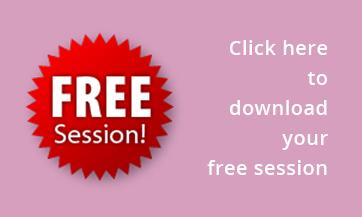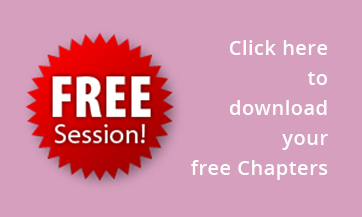Stress is a normal part of life. Life without stress is inconceivable and it cannot be avoided whatever we do. Nearly every situation is associated with some stress e.g if we are active in this world it causes stress and being inactive also causes stress. Being in a relationship brings its own stress and not being in a relationship can also be stressful. Poverty is stressful and being rich is also stressful. Holding a responsible job is stressful and being unemployed is also stressful. Having children is stressful and having no children is also stressful.
Now we can reverse the logic used in the above paragraph. That every situation offers opportunities, carrying out an action offers opportunities and not doing it offers a different set of opportunities, being in relationship offers opportunities and not being in relationship also offers opportunities etc. Keeping our focus on the opportunities can be a way of coping with stress. ‘What is good news in the short term might be a bad news in the long run’. Keeping this Chinese saying in mind can help us deal with every situation in a more balanced way.
Just as it is normal to feel stressed, it is only normal to make efforts constantly to manage the stress more effectively. If left unmanaged, stress can lead to emotional, psychological and even physical illnesses
Experience of stress
Stress can be experienced at two levels: mental and physical. The relative degrees to which one experiences stress as a body symptom or mental event depends upon ones psychological mindedness and connection to ones own body.
Stress can be experienced as a mental conflict leading to indecision, excessive worries.fear, poor concentration, mental anguish, irritability/anger, low moods, sense of helplessness/hopelessness, This understanding enables us to understand the following two broad approaches to manage stress:
• Psychological approaches such as counselling, psycholtherapy
• Managing stress at the body (physiological) level by way of
biofeedback, breath regulation, mind-body therapies etc.
We can understand these two approaches as dealing with the software and the hardware of the mind: Clients who experience more of bodily (autonomic) symptoms of stress and anxiety such as palpitations, hyperventilation, cold and sweaty hands, stomach churning, chest pain are more likely to respond to biofeedback therapies and body work whereas those who experience symptoms in the form of psychic conflicts, etc are more likely to respond to psychotherapy. However, there is some evidence to suggest that a combination of biofeedback with psychotherapy can result to better outcome.


